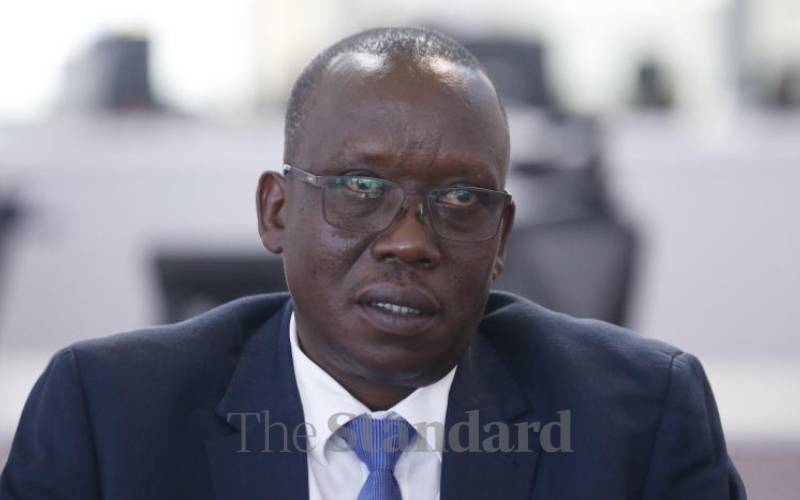×
The Standard e-Paper
Stay Informed, Even Offline

Agents hired by mobile service providers to register subscribers are the weak link in the war on fraud carried out through SIM cards.
Even as the Communications Authority of Kenya (CA) pushes for proper registration of customers, agents continue to disregard regulations such as those barring SIM card hawking as telcos look the other way.